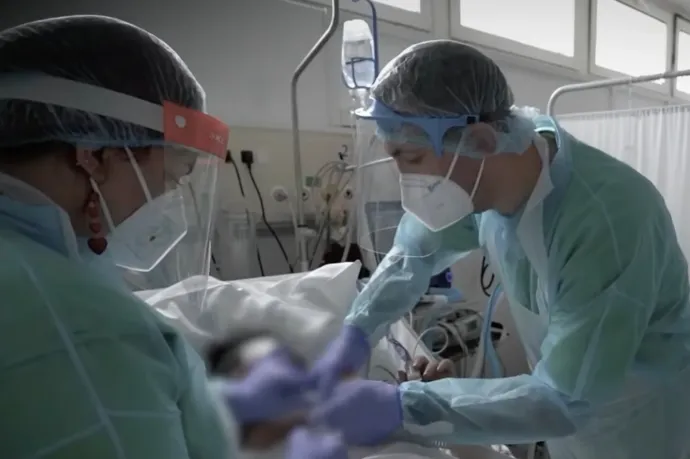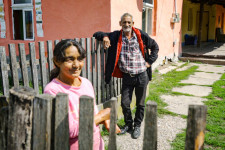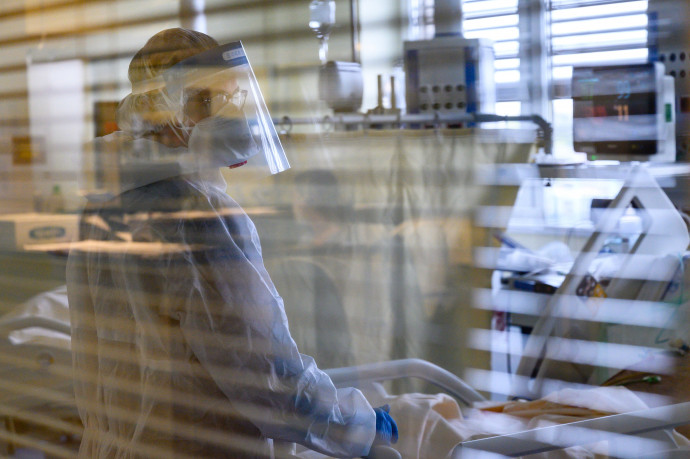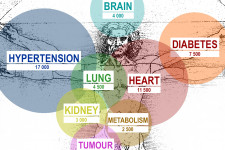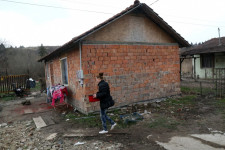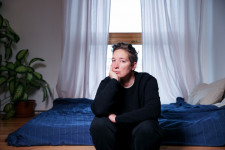Coronavirus
Sikertörténetként ábrázolja a Covid elleni védekezést a kormány kisfilmje
A filmet a járvány kezdetének ötéves évfordulója alkalmából tette közzé Orbán Viktor.
"I'm not afraid of death, I'm only afraid of the vaccine"
What do people think of the pandemic and vaccines in the two towns in Hungary where the highest and lowest portion of residents have received immunity cards? Video.
"We don't care much about mortality stats – we already transported the bodies the previous day."
"Transporter." This is all they say when people ask them about what they do for a living. Some quit after their first day on the job, others make the transition rather smoothly from being a cab...
Orbán's Chinese vaccine gamble seems to have paid off
At the time Hungary started using Sinopharm's vaccine to immunize the elderly, there was no way to know how effective or safe it was. Since then, WHO approved the Chinese jab, and Orbán seems to...
How the third wave hit Hungary, charted
The third wave of the Covid-19 pandemic, characterized by the Kent variant, tore through Hungary much quicker and deadlier than what we saw during the previous two. Here are the similarities and...
Sziget Festival is cancelled once again
This is the second year Covid-19 forces the organisers of the largest Hungarian festival to cancel the event.
Katalin Karikó: Everyone is an epidemiological expert now, but I am not
We sat down for an interview with Katalin Karikó, probably the most famous living Hungarian scientist, a likely Nobel laureate, and the mind behind the mRNA technology used by Pfizer and Moderna for...
What can we learn from the data on the Hungarian victims of Covid-19?
Harvesting the official mortality data revealed that general health in Hungary is terrible and that the data provided by hospitals is far from standardized. Infographics about the first 25,000...
In Hungary's Roma segregates, misinformation is more dangerous than Covid-19
Covid-19 has not spared disadvantaged communities, there were villages where everyone was infected at some point or another. Despite the danger, vaccine refusal is high due to fake news and...
'One week, she is still cooking for you, the next, you are picking her belongings up at the...
Petra Tóth's mother died of complications arising from COVID-19 in little under a week. Tamás Busák spent 44 days in the hospital, and he was on a ventilator for 17. Barbara Balás is one of the few...
